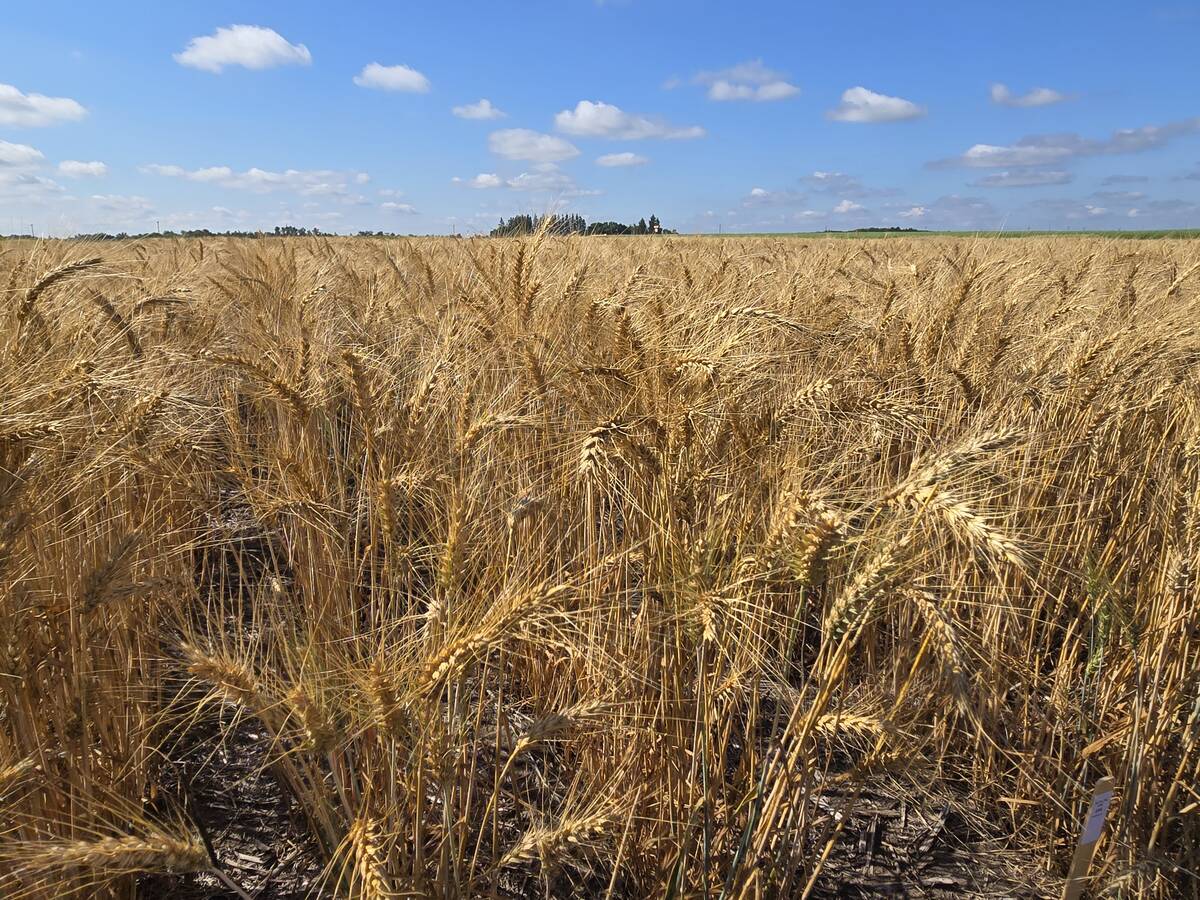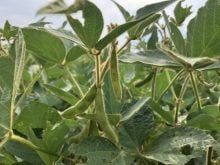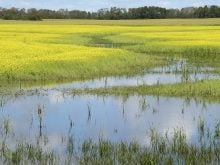REGINA – However Canada’s farm safety net system is revised, Saskatchewan will have to continue fighting its battle to make the system more affordable for it, says agriculture minister Mark Wartman.
But it will continue to be isolated with precious little support from other provinces, he concedes.
“We really haven’t had buy-in from other provinces,” Wartman said. “We are isolated on this issue. We always have been.”
For years and through several ministers, the province has protested that because of its large agricultural sector, the 60-40 federal provincial cost-sharing formula for program funding means Saskatchewan pays far more than its fair share compared to other provinces.
Read Also

Fall rye hits record high in Manitoba
Winter cereals 2025: More Manitoba fields grew fall rye in 2025 than ever before, but winter wheat slipped and, while spring stand survival was good, drought took its toll
Saskatchewan has suggested that when provincial spending reaches three times the average provincial per capita spending level, Ottawa begin to pick up the tab.
“If the thrust of this Canadian federation is to try and make sure farmers across the country basically have a fairly level playing field, it seems to me something has to be done to address this inequity,” Wartman said.
However, without unanimous provincial pressure on Ottawa, a succession of federal Liberal ministers have not responded.
When Wartman raised it with current Conservative agriculture minister Chuck Strahl, he was told that the issue of provincial complaints about revenue and cost sharing would have to be dealt with when prime minister Stephen Harper negotiates with provincial premiers to try to repair the fiscal imbalance between Ottawa’s surplus revenues and provincial responsibilities to fund such expensive programs.
Still, Wartman said there may be a partial solution on the horizon.
Alberta agriculture minister Doug Horner does not support the spending cap that Saskatchewan proposes, but he does advocate a federal disaster fund that would relieve some pressure on the stabilization plan.
The federal Conservatives have promised to create a separate disaster fund.
Wartman said that in 2003, the first year of the Canadian Agricultural Income Stabilization plan when the province was hit with an unexpectedly high $200 million CAIS obligation, a federally funded disaster fund would have reduced Saskatchewan’s bill by $56 million.
“From my perspective, if (support for a federal disaster fund) is the only buy-in we can get from other provinces, I’m prepared to accept $56 million in support,” Wartman said.














